There are about 70 foods that can cause food allergies, but 8 of them account for 90 percent of all known food allergies. These are eggs, seafood, cereals, fish, soy, milk and peanuts. Among these 8, peanut allergy is the most common. It covers not only the nut, but all the products that are obtained through its processing, including many people's favorite peanut butter.
Here's what peanut butter allergy is and what to do to prevent the dangerous condition.
Nature of peanut butter allergy
Peanut allergy is a dangerous condition that can cause quick death to the affected person. This is a food allergy that manifests itself not only when eating peanut butter, but also when touching the product or even just from its smell.
The allergy is established in childhood and usually manifests itself throughout the life of the affected person, who must follow safety rules in order not to suffer.
The condition itself has distinct symptoms of a peanut butter allergy. They are hives, sneezing or wheezing, breathing problems, diarrhea, vomiting, dizziness, loss of consciousness.

An allergic reaction can range from mild to severe and usually occurs little between meals or contact with the product. It has been found that people who suffer from other food allergies are more likely to also have an allergy to peanut butter. In families where they suffer from food allergies, they are also more at risk of this type of allergy.
Children who consume peanut butter from infancy do not develop the allergy.
Precautions for peanut butter allergy
Those who are allergic to peanuts and their derivatives such as peanut butter should avoid certain foods that can be dangerous for them. These are generally the following foods:
- Candies, pastries and baked goods of unknown content
- Cereal with fruit for breakfast and salted nuts
- Ice cream and frozen yogurt
- Chili or chili sauce because they use peanut butter as a thickener. Also a pesto sauce made from nuts
- Products such as nougat and marzipan
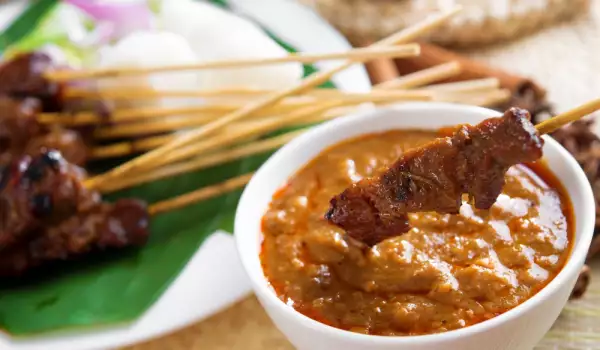
- The dishes from African cuisine, Thai food, Chinese cuisine, Indian specialties, Vietnamese and other national cuisines because they often use peanut butter in their dishes
If you have a peanut butter allergy, it is important to be cautious and avoid consuming products containing it. If you suspect an allergic reaction after consuming peanut oil, you should consult a doctor who can provide appropriate treatment and advice on allergy management. Pronounced symptoms should not be ignored, as they can endanger health and worsen the quality of life.
Read more:
- Allergy to coffee and chocolate;
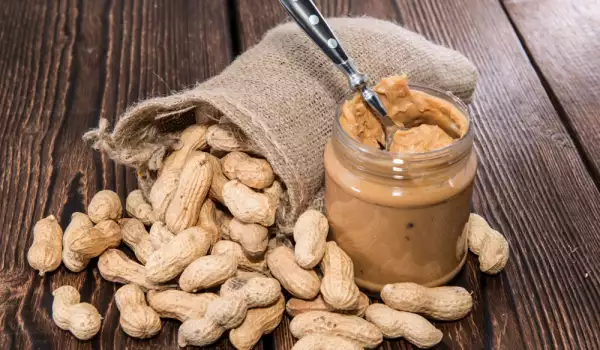





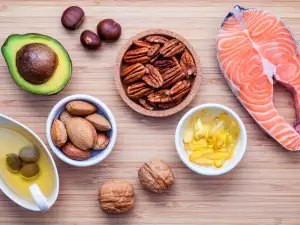
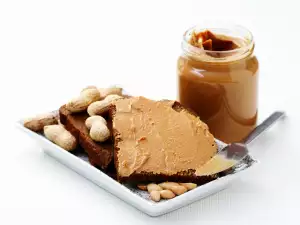
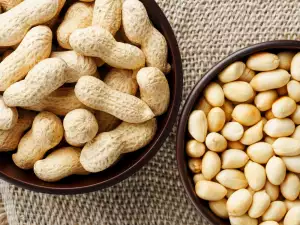




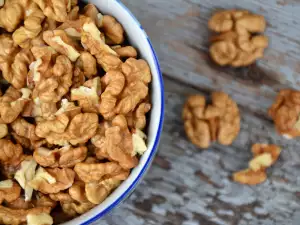





Comments